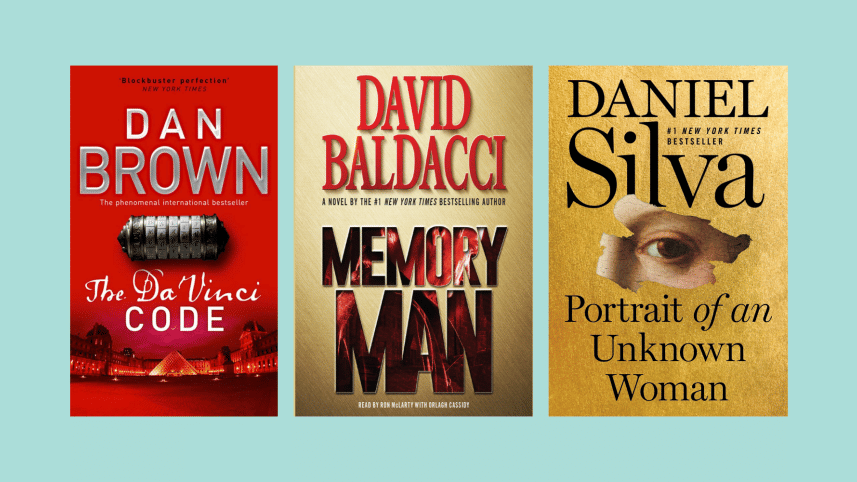The allure of thriller books

I used to love reading thrillers. That conception, however, changed over time, as I found the plots repetitive and thrashy to an extent. As I explored new genres, my admiration towards thrillers faded away.
Although thrillers don't cater much to older readers, it's still popular among the younger reading demographic. And rightly so – they are a nice gateway for youngsters to get into the habit of reading.
One of the many reasons why younger readers get engrossed with thrillers is their plot twists. At an age when they are always on the lookout for excitement and entertainment, thrillers are a great source for precisely that. With multiple twists packed in a 300/400-page book, children get hooked on the storyline.
Reading thrillers also allows them to explore new cultures. Back when I was in my thriller phase, after a draining day in school, all I would look forward to is going on an expedition around the globe. Adventures in Vienna, Paris, Washington DC or other hotspots – wherever the books of Dan Brown, Daniel Silva and David Baldacci would take me.
All of these authors stand out in their own way. In Brown's Robert Langdon series, I learned about topics such as symbolism, along with tales of white supremacists and the Illuminati.
With Silva's Gabriel Allon, readers can delve deeper into the European Renaissance, as Allon is an art restorer specializing in restoring old, lost masterpieces from the 16-17th centuries. In contrast, Baldacci's Amos Decker and John Carr series stood out for their portrayal of small-town America, the subcultures in the bustling US metropolis and the spectacular action sequences.
Thrillers might also introduce youngsters to the complexities of humane psychology. If the young readers dive deeper into the story arcs, they will come across accounts of personal struggles and realise that the heroes' tough demeanour is merely a shell to veil deep emotional scars.
John Carr, Amos Decker and Gabriel Allon fit into that description. Through these characters, young readers can grasp the tumultuous aftermath that war leaves and the emotional toll it takes on a person.
Allon is my personal favourite. After losing his parents early on, and then his wife in a car bombing, he becomes a hollow man who was forced into espionage as no one did the craft better than him. In hindsight, it also illustrates the value of professionalism, as he never turned down the opportunity (not that he had the option to either).
The espionage and political factor increase the allure of thrillers among youngsters. Dan Brown's standalone titles: Deception Point and Digital Fortress, gives readers a surface-level idea about the complexities of world politics. Additionally, Daniel Silva's Gabriel Allon introduced me to the intricacies of Middle-Eastern politics, and the adverse effects of extremism, something which drew me in further.
Although these portrayals are often inaccurate and basic, they enthralled me. With time, my thinking avenues expanded as I ventured out into other genres. It also helped me improve my own diction and dexterity as a writer.
This proves that despite their shortcomings, thrillers might well encourage youngsters to read regularly – a skill which aids in expanding one's worldview, improving their reading comprehension and developing their ability as a writer.
Inqiad is a passionate Bucks fan and a certified Giannis stan. Contact him at inqiadali007@gmail.com



 For all latest news, follow The Daily Star's Google News channel.
For all latest news, follow The Daily Star's Google News channel. 
Comments